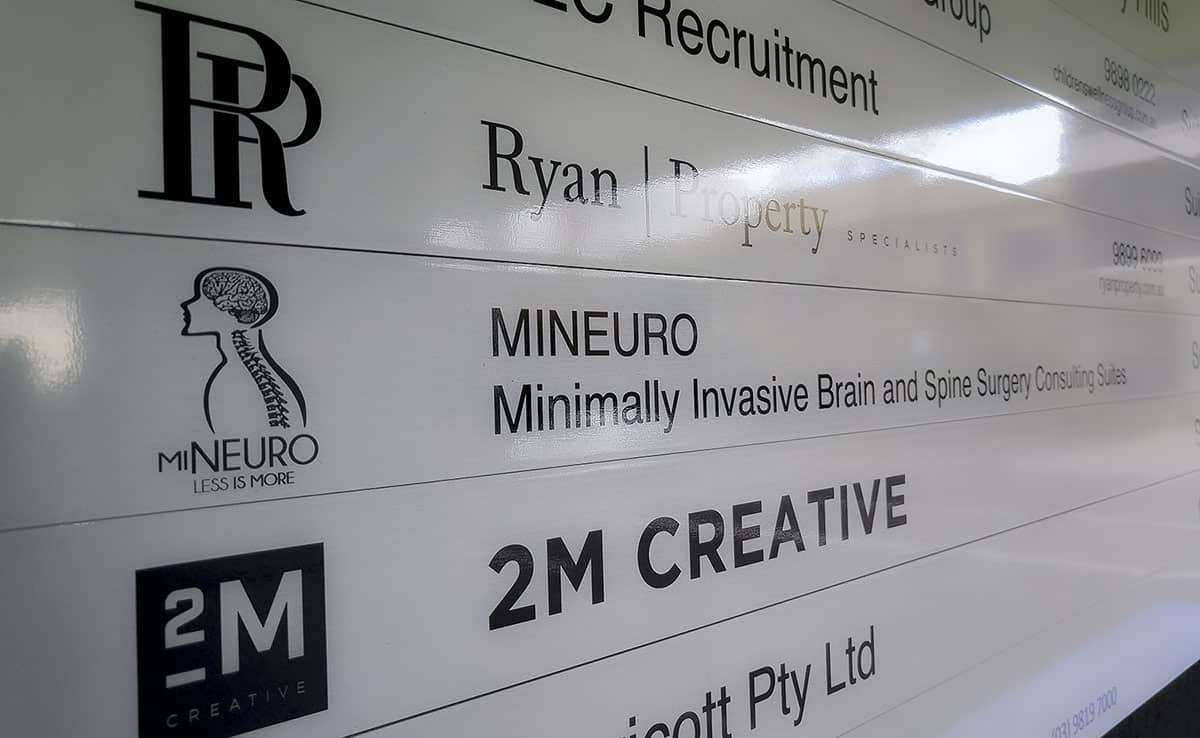Our practice specialises in the cutting-edge future-minded treatment of conditions affecting brain, spine and peripheral nerves. We utilise safe minimally-invasive technologies and innovations dedicated to preserving, restoring, and improving the patient’s lifestyle. Dr Ales Aliashkevich is a progressive and conservative neurosurgeon committed to providing the highest level of care and expertise in a dedicated, personalised way.
miNEURO
Neurosurgeon Who Believes that Less is More
Why Minimally-Invasive Surgery?
The ultimate goal of any neurosurgeon and spine surgeon is to improve patient’s quality and even length of life by providing good recommendations regarding available treatment options. In the most advanced pathologies of the brain, spinal cord or spine, surgery is required to restore normal anatomical relationships between bodily structures.
Evolution of surgery and anaesthesiology allowed achieving this goal and successfully managing previously untreatable conditions. However, there is still a lot of space for improvement, in particular in the field of brain and spine surgery. For example, the long-term outcomes after operations on most invasive brain tumours or severe degenerative spinal conditions still leave much to be desired. Studies investigating patient satisfaction after spine surgeries show that the rate of negative outcomes could be as high as 50%. Improvement of surgery results is not possible without further development of less invasive but more efficient operative techniques.
Minimally invasive procedures represent a logical evolution of surgical philosophy focussing on patient’s safety and satisfaction. The surgical philosophy of Dr Aliashkevich is based on three main principles:
u2013 accurate identification of the problem;
u2013 safe access to the pathological area with minimal injury to the surrounding tissues;
u2013 effective but delicate repair of the complex structures even if they are located deeply in the body.
Dr Aliashkevich believes that the crucial goal of a neurosurgeon and spine surgeon is to avoid complex surgery whenever possible and to consider the least aggressive treatment options as the primary choice.
Coming Soon menu-anchor
Keyhole Approaches
When Less is More
The treatment options for brain and spine problems usually include conservative and interventional strategies. Neurosurgeons usually consider non-surgical strategy first. When any surgery comes into question, it should be performed in a least disruptive and less invasive way.
The term ‘minimally invasive surgery’ is often used as a synonym to ‘keyhole surgery’ emphasising the small size of skin incisions. There is a lot of work hidden underneath the small scar:
u2013 MIS requires many years of surgical training and continuous professional education. Like any other field of medicine, it requires full dedication and a lot of responsibility.
u2013 MIS relies on specially designed devices, retractors, sophisticated optical tools, illumination and surgical instruments allowing full control of the operative field through a microscope or endoscope.
u2013 MIS involves detailed preoperative investigations and often employs computer-assisted image guidance and robotic technologies to achieve needed accuracy.
Minimally invasive procedures represent a logical evolution of surgical philosophy focussing on patient’s safety and satisfaction. This philosophy is based on three main principles:
u2013 accurate identification of the problem;
u2013 safe access to the pathological area with minimal injury to the surrounding tissues;
u2013 effective but delicate repair of the complex even deep-lying structures.
Appointments
Urgent appointments available on request
Individualised Approach
Discussion of Options
Not infrequently, patients may have 2 or more separate clinical problems affecting the same part of the body, e.g. simultaneous involvement of several nerve roots or cervical nerve root compression and peripheral neuropathy.
In these situations, identifying the cause of your symptoms may require diagnostic injections. They involve nerve block using local anaesthetic and steroid under X-Ray or CT guidance. Sometimes, they also provide relief of your symptoms and can be utilised as both diagnostic and therapeutic procedures.
Once the cause of your problem is identified, we will discuss suitable management options. In most situations, there is more than one option available and surgery will be only the last resort when every other form of conservative treatment fails to improve your condition.
In order to help you make the right decision, we will discuss pros and cons of all possible modalities and explain expected outcomes during consultation. You will be provided with the detailed information materials relevant to your condition to take home and discuss with your family. A report to your General Practitioner will be dictated at the end of appointment and a copy will be sent to you as well.
Usually, your report will contain relevant high-resolution imaging to help you and your GP understand your pathology. We have received very positive feedback from our referrers and patients about this highly individualised and so far, truly unique service. As Dr Aliashkevich uses voice recognition for his reports, there is no need to wait for typing and the documents will be in your email essentially 10-20 minutes after your consultation.
Coming Soon menu-anchor
Conservative Treatment Always First
Treatment Decisions
Our primary goal would be to avoid operation and to focus on other available strategies. This approach is proven as the safest and most effective in many scenarios. However, there are situations when surgery is the final and necessary step to improve patient’s condition and quality of life. If acute or disabling neurological problem is present, intervention may be the only reasonable solution.
Having hesitation about brain or spine surgeon surgery is natural and understanding the problem and range of available alternatives is very helpful prior to making this important decision. Building trust and reliable communication with your surgeon is essential for successful treatment. Vast majority of our patients are happy with this conservative approach and very satisfied with the results of carefully chosen minimalistic operation.
Obtaining a second opinion is always a good step in case of any doubts or uncertainties. Your wish to consult another specialist will be encouraged and supported. We maintain good collegial relationships with other doctors and medical groups and can always provide copies of our medical records to them, on your request.
Peer review process is one of the crucial factors in avoiding unnecessary surgery and minimising risks. We strive to work together as a team to achieve the best possible results and to represent your best interest as our patient. to get treatment you just need to take an Appointments.
Appointment Request
Our office will assist to coordinate an appointment at the location most convenient and accessible for you.
If you have any questions about our services, please call our main office on 0390084200 or email us at info@mineuro.com.au.
Our main office is located in Surrey Hills, within 2 minutes walking distance from the train station:
miNEURO Consulting Suites
Suite 4, Ground Floor, 619 Canterbury Road
SURREY HILLS VIC 3127
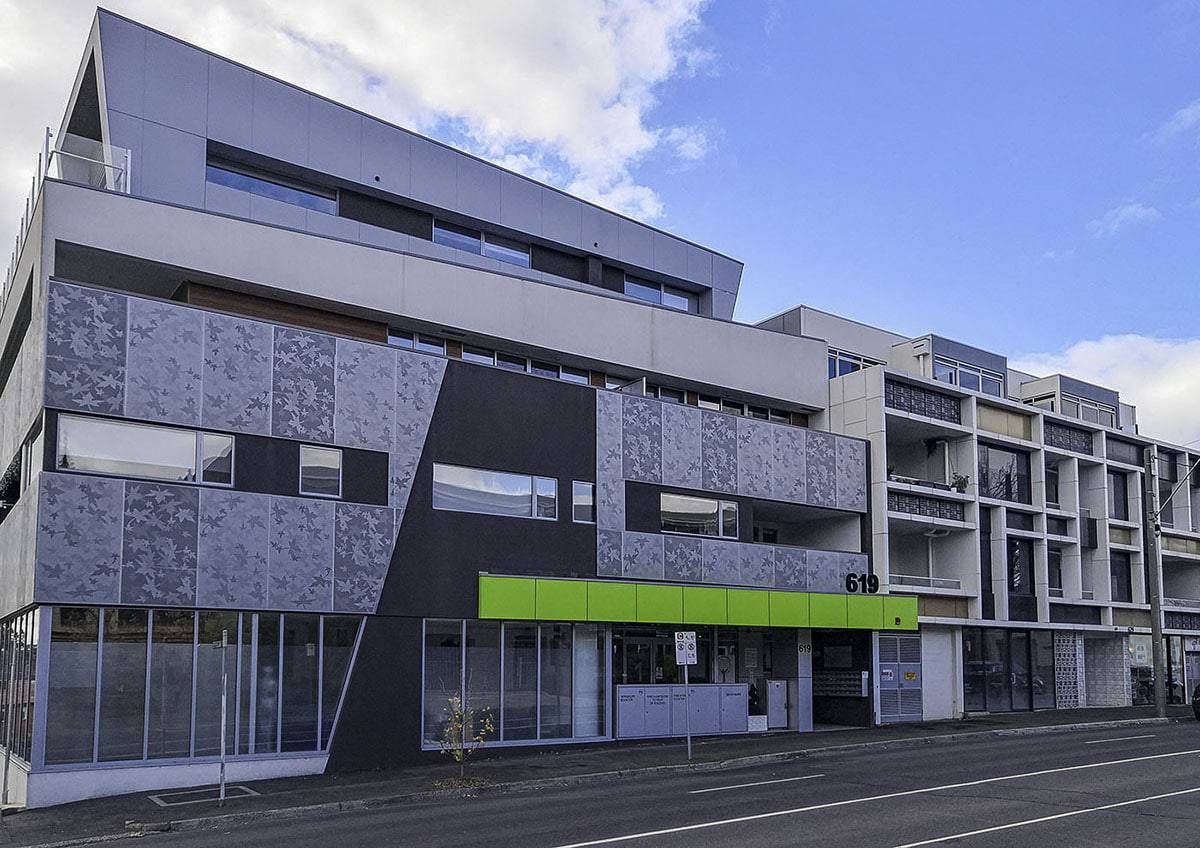
[contact-form-7 id=”3513″ title=”Appontment request”]
Appointments
After taking your history and performing examinations, your imaging will be reviewed and discussed with you. Understanding the problem is essential in finding the best possible solution and good quality radiological investigations play an important role in visualising any structural changes and abnormalities. Apart from clinical examination and patient’s symptoms, neurosurgeons rely on accurate radiological and neurophysiological tests for accurate diagnosis of neck pain, back pain and brain pathologies.
Very often, additional and more detailed radiological investigations will be required. These may include:
u2013 MRI (magnetic resonance imaging) including weight-bearing scans and MR angiography,
u2013 CT (computed tomography),
u2013 SPECT (single-photon emission computed tomography),
u2013 flexion/extension, lateral bending and other specific types of X-Rays,
u2013 EOS imaging (low dose 3D imaging in natural standing position),
u2013 DEXA bone mineral density measurements,
u2013 ultrasound and other studies.
For certain neurological conditions, you may be referred to neurophysiological investigations, including nerve conduction studies, EMG (electromyogram), SSEP (somato-sensory evoked potentials) and MEP (motor evoked potentials). click below to appointment for our expert neurosurgeon and spine surgeon.

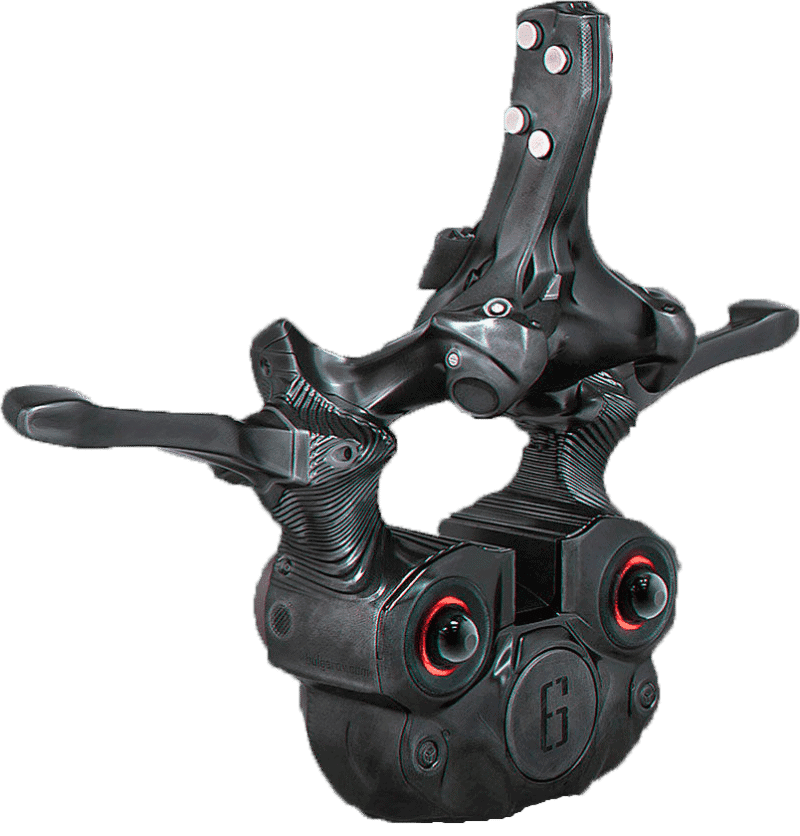
Treatment Decisions
Once the cause of your problem is identified, we will discuss suitable management options. In most situations, there is more than one option available and surgery will be only the last resort when every other form of conservative treatment fails to improve your condition.
To help you make the right decision, we will discuss pros and cons of all possible modalities and explain expected outcomes during consultation. You will be provided with detailed information materials relevant to your condition to take home and discuss with your family. A report to your General Practitioner will be dictated at the end of appointment and a copy will be sent to you as well.
Our primary goal would be to avoid operation, and this approach is proven as the safest and most effective in many scenarios. However, there are situations when surgery is the final and necessary step to improve patient’s condition and quality of life. When it comes to surgery, it is naturally not always easy to make this important decision. Understanding the problem and range of available alternatives is very helpful, and Dr Aliashkevich as a highly experienced neurosurgeon will be always ready the help. so, do contact us for best neurosurgeon and spine surgeon.
Feedback from Patients
We value all feedback from our patients and customers.
Dr Aliashkevich and his team are committed to the delivery of excellence by adhering to the highest customer service standards. Whether you are providing feedback, paying a compliment or making a complaint, your input is the key to improving our products and services. Your feedback helps us maintain a high standard of service and ensures that our products and services match your needs. If you would like to provide some feedback or make a suggestion about how we can improve our service, please let us know.
Paying a compliment
Any neurosurgeon or spine surgeon strives to provide exceptional service to all patients. Dr Aliashkevich and his staff members are proud to be at the top of ranking websites, such as Google, RateMD etc. We appreciate receiving positive feedback from the patients, in particular knowing about their background of chronic pain, depression and diminished quality of life.
Making a complaint
If you have encountered a problem with our service, or if you have any concerns about a procedure or neurosurgical treatment, we would like to hear from you. We will investigate any complaint, answer your questions and do everything we can to regain your confidence in us.
Dr Aliashkevich has established a process for dealing with complaints that satisfies our obligations under the AHPRA guidelines and medical legislation. You can tell us about your concerns either by telephone, e-mail, fax or letter. Dr Aliashkevich’s office would prefer the complaint to be made in writing, by either letter, facsimile or e-mail, as this helps to reduce the risk of misinterpretation or misunderstanding from our end. To help us assist you with your concerns, we ask that you:
– gather all the supporting documents relevant to the complaint;
– think about the questions you would like us to answer; and
– tell us what you think would be a reasonable response to your complaint.




Referrals
Urgent appointments available on request
Online Referral Form
Our office will assist to coordinate an appointment at the location most convenient and accessible for your patients.
If you have any questions about our services, please call our main office on 0390084200 or email us at info@mineuro.com.au.
Our main office is located in Surrey Hills, within 2 minutes walking distance from the train station:
miNEURO Consulting Suites
Suite 4, Ground Floor, 619 Canterbury Road
SURREY HILLS VIC 3127
Coming Soon menu-anchor
[contact-form-7 id=”772″ title=”Referral”]
Medicolegal
Thorough, independent and objective.
AMA Accreditation
Medicolegal Impairment Assessment
Dr Aliashkevich is certified by the Australian Medical Association (AMA) Victoria and the Personal Injury Education Foundation (PIEF) in Impairment Assessment using the American Medical Association Guides to the Evaluation of Permanent Impairment 4th Edition and other prescribed methods, as applied to relevant Victorian legislation. He completed courses to assess impairments for TAC, WorkCover and the purposes of Part VBA of the Wrongs Act 1958 (personal injury).
He is accredited for assessing the spine using both the methodology from Chapter 3 of the Guides and modification to those criteria by the Spinal Impairment Guides Modification Document (SIGMD). He can perform an expert apportionment to disentangle what impairment may or may not be related to a compensable event.
Coming Soon menu-anchor
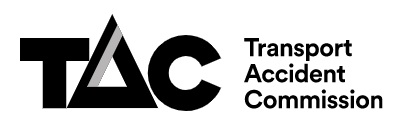
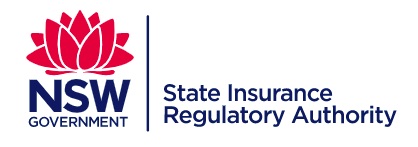
Intelligent and Accurate
Our Range of Medicolegal Services
STANDARD MEDICAL REPORTS
Dr Aliashkevich can provide standard medical reports to TAC and Worksafe agents. Usually, such reports outline the claimant’s medical history related to an injury, current medical condition, its stability, treatment options and prognosis. Lawyers and solicitors may also obtain these reports on behalf of their client.
INDEPENDENT MEDICAL EXAMINATIONS (IME)
Independent Medical Examinations (IME) and reports may be provided to TAC, Worksafe, insurers, employers, lawyers and solicitors, regarding the nature and extent of a claimant’s injuries. They play a critical role in ensuring the right treatment and benefits are provided to injured persons.
JOINT MEDICAL EXAMINATIONS (JME)
Joint Medical Examinations (JME) are conducted on behalf of the TAC and the client’s legal representative. The process is designed to improve client experience and to minimise the number of examinations a client needs to undertake to decide on lump sum entitlements.
WHOLE PERSON IMPAIRMENT ASSESSMENTS (WPI)
Dr Aliashkevich is certified WPI assessments can be conducted based on the AMA or Comcare guidelines in matters where compensation is sought for the permanent impairment of part(s) of an individual’s body. The impairment is calculated in terms of the extent to which an injury impacts your whole person.
WRONGS ACT 1958 u2013 SECT 28LN CERTIFICATE OF ASSESSMENT
The Wrongs Act is governing claims for damages for economic and non-economic loss arising from personal injury and death, as a result of negligence or fault. The Wrongs Act applies to cases involving claims for compensation such as slips or falls in public places, and harm as a result of medical treatment. The Certificate of Assessment is required to claim pain and suffering damages from a significant injury, i.e. meeting the threshold level under the Wrongs Act.
TOTAL & PERMANENT DISABILITY ASSESSMENTS (TPD)
TPD reports are required in insurance claims for compensation if an injury results in permanent incapacity for work.
WORK CAPACITY ASSESSMENTS
Dr Aliashkevich can help determine the injury impact on worker’s ability to perform pre-injury employment or suitability for alternate work duties. The reports may include return-to-work examinations and fitness-for-work assessments.
CONCILIATION REPORTS
These reports are usually requested by the Accident Compensation Conciliation Service (ACCS) and help resolve disputes between injured persons and their insurers.
MEDICAL QUESTIONNAIRES
Dr Aliashkevich provides unbiased and evidence-based expert responses to questionnaires requested by TAC, Worksafe agents and insurers, to clarify the nature of injuries, required treatment, resulting impact on work capacity and prognosis for recovery.
EXPERT WITNESS OPINIONS
If required, Dr Aliashkevich can appear in court to provide an expert neurosurgical opinion.
FILE/IMAGING REVIEWS
In certain cases, Dr Aliashkevich can provide an expert opinion based on available medical records, imaging, neurophysiological testing results and other documentation.
TELECONFERENCES
In complex situations, personal discussions of the case can be very helpful to understand the circumstances. We are happy to arrange a conference to assist with claim evaluation and case assessment.
unbiased independent expert review
Medicolegal Assessments
Medical examinations form a crucial part of the personal injury and compensation claim assessment. Lawyers, insurers or other parties can request them. They should be performed by the unbiased independent experts who have appropriate qualifications, deep knowledge of the problem and are specifically trained to provide impairment ratings. As an expert witness and healthcare professional, Dr Aliashkevich has a duty to the court to provide an impartial opinion and is not influenced in his opinion by anything but his experience and expertise.
Medicolegal assessment is different from the usual medical or specialist consultation because no patient-doctor relationship is formed, no rereferrals for any investigations are provided, and no treatments are prescribed. The information collected during the appointment is not confidential and will be released to the lawyers and, if required, to the insurer and The Court. This assessment goes much deeper into the claimant’s history, vocational background, employment, accident circumstances and activities of daily living. This evidence is generally collected from the claimant directly and from the supportive documentation. The client or his legal representative is responsible for providing all relevant notes, reports, scans or X-rays before the appointment.
Accurate history is a crucial part of any report, and having just a single conversation with a client like many other examiners do is not sufficient. Clients often complain about memory problems, suffer from mental health problems, take regular opioids/antidepressants/benzodiazepines and may not always provide the same information when asked twice, in particular when feeling pressure form examiners.
Our history collection process involves five separate steps and is much more reliable than just a one-off personal chat:
1. Provided Dr Aliashkevich thoroughly reviews legal documents and analyses the background information. Every possible inconsistency will be identified to be double-checked before seeing the client. Hence it is important to have the documents at least three days in advance so that we have time to read them.
2. All available radiology providers are checked for relevant scans, and the dates of investigations/referrals are noted. The relevant images reviewed and selected for presentation in the final report.
3. Clients are asked to fill the forms with the details and dates of their injuries. If clients have difficulty writing/understanding questions, they are helped by assistants. We aim to send the forms to clients well in advance so that they can prepare them at their convenience and understand what questions will be asked during the appointment. The filled forms will be reviewed by Dr Aliashkevich and compared for consistency with the history obtained in steps 1 and 2.
4. The history is recorded from clients in a personal conversation, and any missing details or inconsistencies from steps 1-3 will be clarified. The history is summarised in the client’s presence so that they can make any amendments directly. The handwritten notes will be collected and stored in a file for further reference.
5. When clients leave, their history is again double-checked for consistency with available records, scans and examination findings. If any important pieces of information are missing or require verification, we will get clarification and updates before sending the final report to lawyers or insurers.
Hence, the clients are encouraged to take plenty of time to get prepared for their appointment and to collect all relevant documents, scans, list of medications and other supporting records. Depending on the type of assessment, the interview and examination may last a long time, and it is important not to feel any time pressure or be under stress.
Location
All medicolegal appointments are booked by our main office in Surrey Hills. It is located within 2 minutes walking distance from the train station and has plenty of on-street parking available:
miNEURO Consulting Suites
Suite 4, Ground Floor, 619 Canterbury Road
SURREY HILLS VIC 3127
Please call us on 03 90084200 and we will coordinate an appointment most convenient and accessible for your cllients.
Coming Soon menu-anchor
